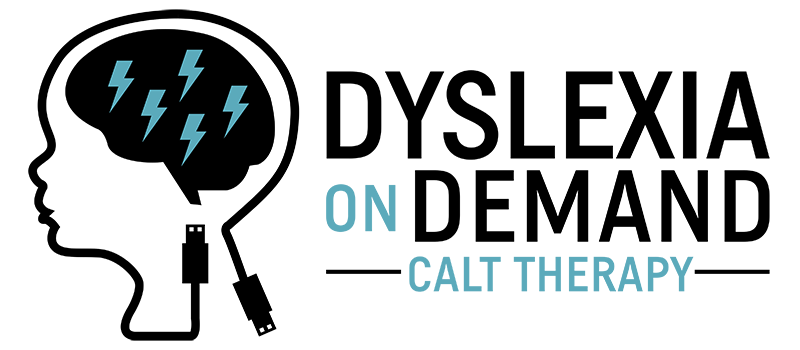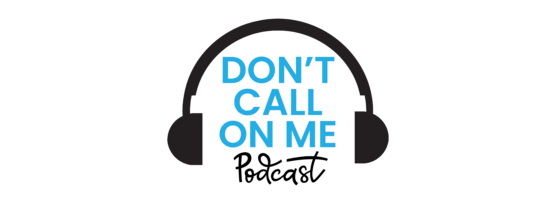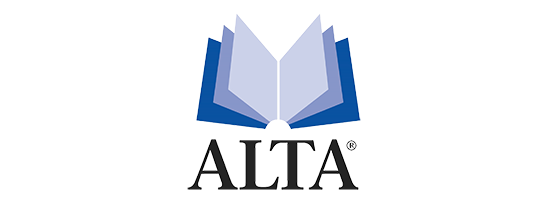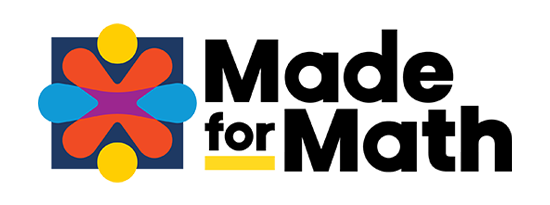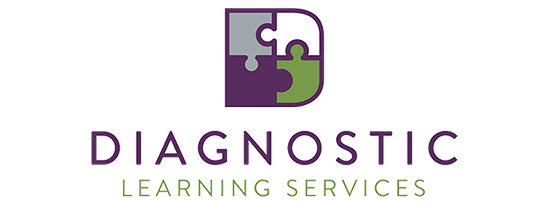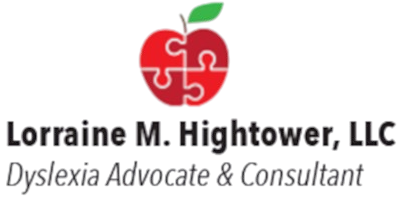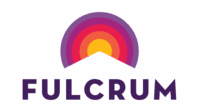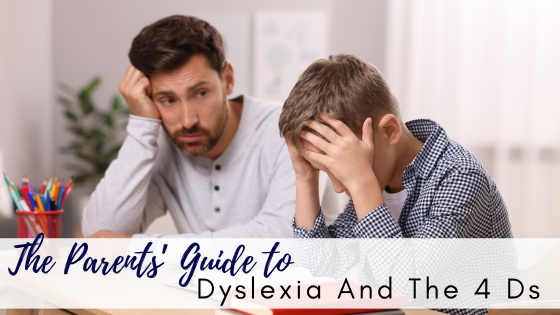
The Parents Guide To Dyslexia and The Four Ds
When watching children grow up, parents will often note that one of their kids has a penchant for building with blocks while another prefers to sit and read quietly. One child may be a peacemaker among friends while another might choose to write out feelings in a journal. In school, some students thrive on the athletic field while others find success in math class. While there are multiple intelligences in every child, in modern education students are frequently evaluated on specific academic abilities like math, reading and spelling. For about 1 in 5 people, a learning disability may be part of daily life. This can affect academic scores and create everyday hurdles in the classroom. Once your student is diagnosed with a specific learning disability, there is so much to learn about both the condition and effective approaches to support.
About the “4 Ds”
You’ll often hear educators and families talk about the “4 Ds”: dyslexia, dyscalculia, dysgraphia, and dyspraxia. These conditions can show up together or on their own, but they are not all forms of dyslexia. Three of them — dyslexia, dyscalculia and dysgraphia — are specific learning disabilities. Dyspraxia, also known as Developmental Coordination Disorder (DCD), is a neurodevelopmental motor coordination difference, not a learning disability. Understanding the differences helps families pursue the right evaluations and supports for each child.
Dyslexia
Students with dyslexia often struggle with reading, writing and spelling due to difficulties with phonological processing — how the brain recognizes and works with sounds in language. Signs can include challenges with fluency, accuracy and comprehension, as well as early difficulties learning the alphabet or rhyming. Dyslexia ranges in severity, and students can also be highly capable and creative in many areas.
Dyscalculia
Dyscalculia is a specific learning disability that affects understanding and working with numbers. Students may have trouble with quantity, order and place value, which can make basic arithmetic tough and more abstract math even harder. Many also show strengths in intuitive thinking, design, strategy and big-picture problem solving.
Dysgraphia
Dysgraphia is a specific learning disability that impacts writing. It often involves fine motor challenges that lead to messy or inconsistent handwriting, plus difficulty organizing thoughts on paper. Grammar, punctuation, spelling and sentence structure can be hard, and tasks like cutting with scissors or tying shoes may also be tricky. Students with dysgraphia often shine in verbal storytelling, creative problem solving, oral memory and leadership.
Dyspraxia (DCD)
Dyspraxia is not a learning disability. It’s a motor coordination disorder that affects planning and executing movements. Students may seem clumsy or uncoordinated and may find everyday tasks like getting dressed, using utensils or riding a bike challenging. Many develop strong skills in adaptability, resilience, determination and empathy. Support for dyspraxia often includes occupational therapy and purposeful practice, sometimes alongside academic accommodations.
How the 4 Ds are connected
These conditions are neurodevelopmental in origin and can co-occur, but each is distinct and may require different assessments and supports. A thorough, professional evaluation helps clarify your child’s profile so you can seek targeted interventions that make a real difference.
How dyslexia therapy can help
At Dyslexia on Demand, we provide dyslexia therapy designed specifically for students with dyslexia. Our multisensory approach helps build stronger brain connections for reading, writing and spelling. Sessions are led by Certified Academic Language Therapists (CALTs) using systematic, explicit instruction grounded in Orton-Gillingham principles. We tailor one-on-one online sessions to each student, meeting multiple times per week for consistency and convenience. While dyslexia therapy is designed for dyslexia, students with co-occurring needs often benefit from the structured literacy foundation it builds, and we encourage collaboration with specialists — such as occupational therapists for dyspraxia — when appropriate. Our goal is improved literacy skills now and confidence well beyond the classroom.
Learn more about getting the best help for dyslexia at Dyslexia on Demand. Reach out for a consultation.
